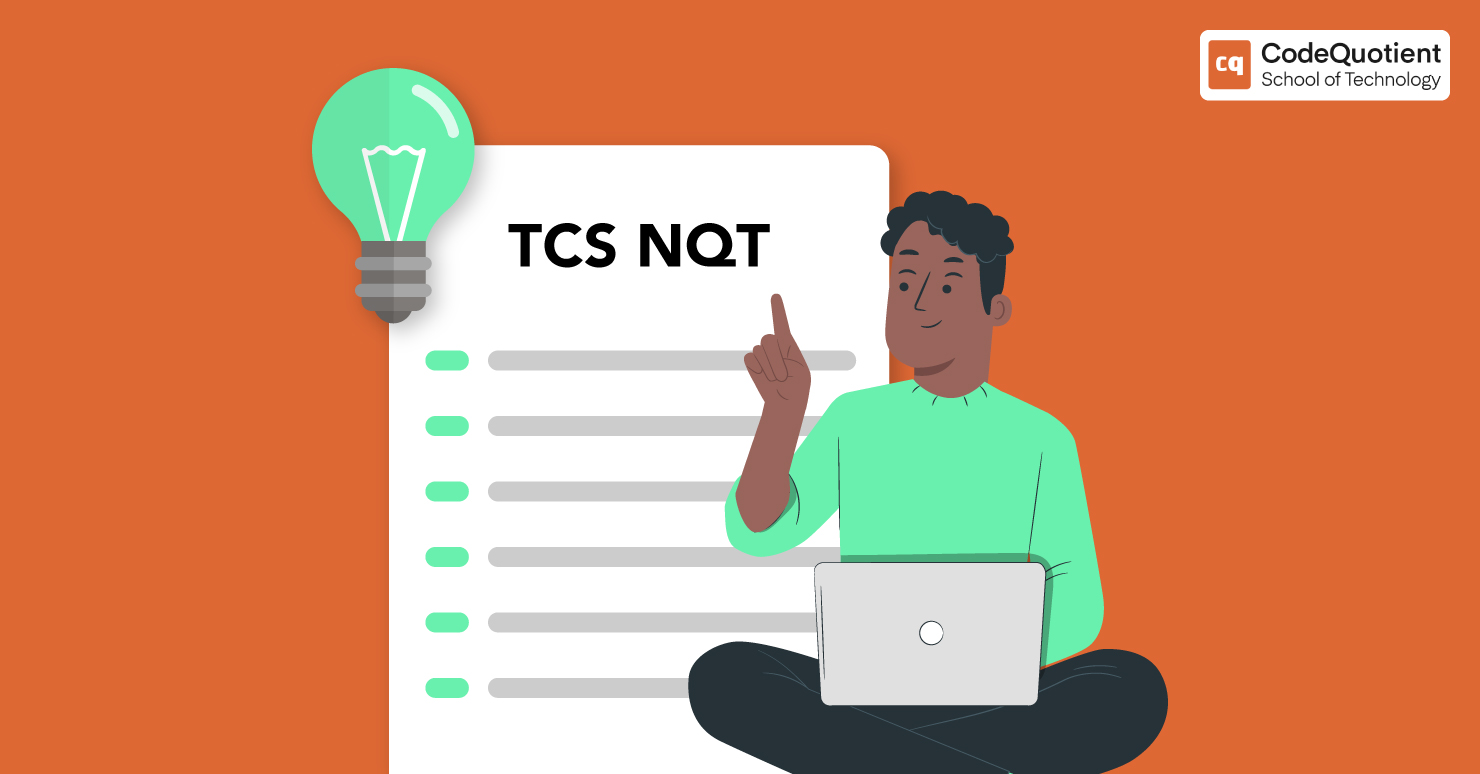Many software engineering graduates dream of working at Tata Consultation Services (TCS), one of the most prestigious technology companies. TCS NQT is a highly competitive online test that assesses candidates’ skills in various areas, including numerical ability, reasoning ability, language ability, and procedural understanding of coding.
This comprehensive guide looks at how TCS hires the best and brightest minds, especially fresh graduates, to join its dynamic workforce.
Understanding the TCS NQT
TCS NQT has five major sections that assess different domain capability areas. Both levels of a quantitative competency test–the numerical aptitude and the problem-solving part–work on evaluating the ability to work with numbers. The logical and analytical thinking skills are measured in a reasoning capacity phase.
The tests’ social and mental proficiency area covers vocabulary, such as diagnostic listening and grammar. Coding essays and classes measure a candidate’s capabilities and help them understand whether they can write without showing bugs and errors.
It depends on the assessments given by NQT reviewers. Applicants can be given roles in different domains, such as software development, artificial intelligence, data analytics, and related fields.
This highly diversified array of options addresses the situation and offers the perfect challenge course to everyone, thus securing a suitable professional course for all of them as well.
Let’s Discuss About The Eligibility Criteria for TCS NQT
To be eligible for the TCS NQT, candidates must meet certain criteria.
- The age limit for applicants is between 18 and 28 years.
- They must have relevant qualifications such as a B.E./B.Tech/M.E./M.Tech/M.Sc/MCA.
- They need a minimum of 60% or 6 CGPA in their academics.
- Candidates from M.Sc. streams like Computer Science & Information Technology and related fields are eligible to apply.
- Candidates can have a maximum of one active backlog when appearing for the exam.
- The overall gap in their academic career should not exceed two years.
Some Preparation Strategies for TCS NQT
Acing this exam requires a well-structured and comprehensive preparation strategy. Here are some practical tips to help you excel:
1. Comprehensive Study Plan
Develop a tailored study plan based on the test structure, allocating dedicated time for each section. Create a timeline and stick to a schedule to ensure consistent progress. To strengthen your understanding of each topic, utilise all available resources, including recommended books, online materials, and practice tests.
2. Section-wise Preparation Tips
- Quantitative Ability: Thematic areas, including numbers, algebra, geometry, and data analysis, need greater focus. Put online virtual texts and mock tests comprehensively into practice.
- Reasoning Ability: Invent ways for their solving power in both the verbal and nonverbal domains of logical reasoning problems. Be acquainted with the different types of questions. As for the practice, do it often.
- Verbal Ability: Develop your reading ability by applying it to different words, passages and questions. Work on improving your grammar and vocabulary features.
- Programming Logic and Coding: To become a skilled software developer, you should develop an excellent understanding of the programming syntax, data structures, and algorithms. While coding problems become your practice routines and you adopt best programming practices, you will be able to develop your program efficiently without bugs.
4 Practical Tips and Test-Taking Strategies

In addition to subject-specific preparation, it’s essential to develop effective test-taking strategies:
1. Time Management
The only TCS NQT is a time-bound test, which means efficient time management is very important to crack this test “the right way”. Make proper use of time allocated to different sections, first attempting easy problems and strategically saving difficult questions for later.
2. Tackling Each Section
Develop techniques to efficiently approach each section. For example, in the quantitative ability section, quickly identify the most suitable approach for each problem and apply relevant formulas or concepts.
3. Mock Tests and Analysis
Commit to taking mock tests and practising often to emulate the exam scene. Identify shortcomings, examine your performance, and develop tactical plans to overcome obstacles.
4. Handling Exam Stress
Manage exam stress using relaxation techniques, proper bedtime, and blameless thoughts. Overtaking the test at a high performance is the quality of a successful result.
Beyond the Test: Next Steps
Securing a high score in the TCS NQT is just the first step towards a rewarding career at TCS. After clearing the NQT, candidates undergo technical and HR interviews to assess their domain knowledge, problem-solving abilities, and cultural fit.
To prepare for these interviews, it is essential to review your technical concepts, practice coding challenges, and develop effective communication skills. Familiarise yourself with common interview questions and practice answering them confidently.
If you’re a fresher candidate seeking personalised mentorship and guidance throughout your preparation journey, consider CodeQuotient‘s Software Engineering Bootcamp.
Our comprehensive program is designed to enhance your coding skills, prepare you for aptitude tests and interviews, and help you build an impressive portfolio through project-based learning.
By choosing this program, you’ll gain a distinct competitive edge and increase your chances of standing out in the selection process.
Don’t let this opportunity pass you by. Contact us today!




